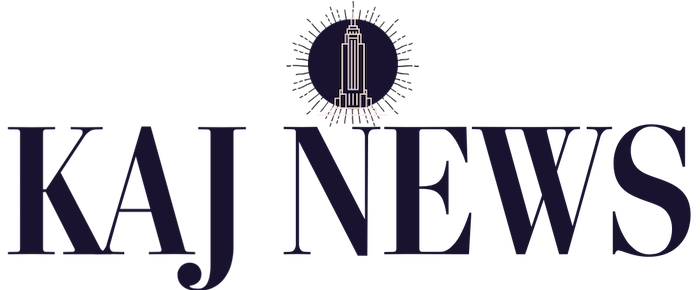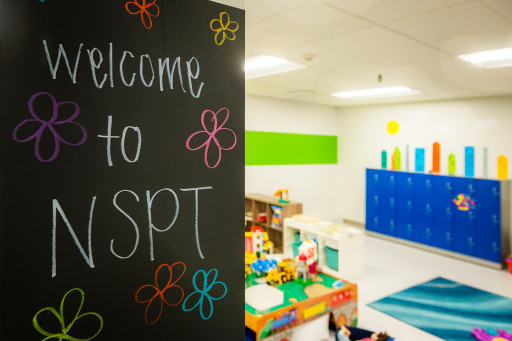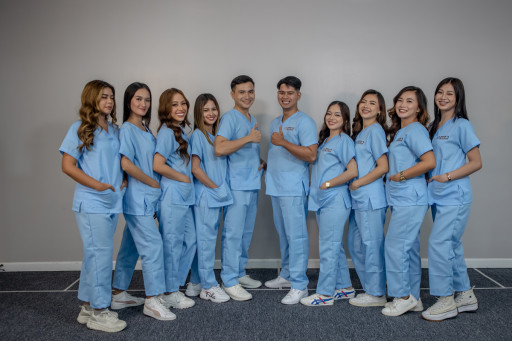ORLANDO, Fla., May 6, 2024 (Newswire.com) - MicroGenDX, a global leader in next-generation sequencing (NGS) diagnostics of infection, and members from the academic lab of Caleb Phillips at Texas Tech University (TTU) will present four groundbreaking oral presentations at the Wound Healing Society meeting in May 2024. Based on the microbial profiles provided to physicians through MicroGenDX clinical reports, the presentation of these studies was made possible with joint support from the National Institutes of Health and the Southwest Regional Wound Care Center (SWRWCC; Joe Wolcott, M.D.).
“We couldn’t be more proud of our research collaborators and their accomplishments in presenting the findings of these game-changing MicroGenDX-supported studies,” said Rick Martin, MicroGenDX CEO. “These collaborations are just another example of MicroGenDX’s dedication to promoting better infectious disease treatment through our technology, scientific research, and the development of researchers and physicians.”
Each presentation will summarize the different initiatives that have been made to understand the mechanistic basis of chronic wound infection and treatment, and all studies have been based on the microbial profiles provided to physicians through MicroGenDX clinical reports.
Study #1: Local weather conditions influence wound infection profiles and the likelihood of antimicrobial resistance gene detection
Presented by Craig Tipton, Ph.D., and Director of Biostatistics at MicroGenDX
- Based on a study by Dr. Craig Tipton, a TTU doctoral alumnus from the Phillips Lab, and a Symposium on Advanced Wound Care Difference Maker, this presentation compares the distribution of wound-infecting microbiota from approximately 8,000 patients distributed across the United States.
- Not only does this work show that nationally distributed chronic wound microbiomes can be defined by clusters of community types, but also that uniting this data with climatological variables shows that local weather conditions influence wound infection profiles and the likelihood of antimicrobial resistance gene detection.
- The work highlights the polymicrobial nature of chronic infected wounds and that types of infecting bacteria vary across the U.S.
- What does this mean for physicians and wound care providers? Generic treatments that work for patients based in Florida may not work for those elsewhere in the country or even at different times of the year because of shifts in microbial profiles, and NGS profiling offers a solution to knowing exactly what is challenging patients.
Study #2: Bacterial relative abundance profiles from the MicroGenDX clinical reports were the single biggest explainer of healing time
Presented by Jake Ancira, M.S., and research analyst at MicroGenDX
- Ancira is a recent TTU master's alumnus from the Phillips Lab, whose work has been selected through a competitive abstract process to be a finalist for the Wound Healing Society’s prestigious Young Investigator award.
- Through a collaborative effort with Dr. Wolcott and the SWRWCC, Ancira developed the first-ever structural equation model to quantify the relative influence of patient variables on predictors of chronic wound healing time.
- The major takeaway from this study is that bacterial relative abundance profiles from the MicroGenDX clinical reports were the single biggest explainer of healing time, followed closely by wound etiology.
- This result speaks volumes not only about the role of microbes in the persistence of chronicity, but especially about the value of the MicroGenDX test employed in a biofilm-based wound care approach.
Study #3: Elucidating genetic predisposition to infection using genome-wide associations
Presented by Rebecca Gabrilska, M.D./Ph.D. student at TTU Health Sciences Center, and Phillips Lab
- Co-advised by Kendra Rumbaugh of TTU Health Sciences Center and Caleb Phillips, and in close collaboration with the SWRWCC, Gabrilska is using a genome-wide association approach to establish how genetic variants in patients’ DNA explain the different species that infect chronic wounds.
- This work is elucidating genetic predisposition to infection, insights which hold potential for predictive models of infection risk.
- The ability to significantly associate MicroGenDX reported species relative abundances to patient genetic variants strongly supports the accuracy of species profiles MicroGenDX provides to physicians.
Study #4: How patients’ tissue-specific gene expression predicts differences in species infecting chronic wounds
Presented by Khalid Omeir, current graduate student at TTU in the Phillips Lab and bioinformatics intern at MicroGenDX
- Omeir’s work focuses on genetically controlled differences in patients’ tissue-specific gene expression that explain differences in the microbes that infect their chronic wounds as provided on the MicroGenDX clinical reports.
- This avenue of research will inform the potential for predictive polygenic risk scores of infection by specific species.
- It also enables an understanding of how peoples’ DNA leads to tissue-specific expression differences important to chronic wound infection, insights that can inform mechanisms of microbial exploitation of wounds and how they interact with human tissue.
For more information about these studies, visit: https://woundheal.org/
Contact Information:James Campagno
Director of Marketing
[email protected]
(407) 863-0043
Original Source: Four Groundbreaking Studies From NGS Pioneers MicroGenDX to Be Presented for the First Time to Attendees of the Wound Healing Society 2024




